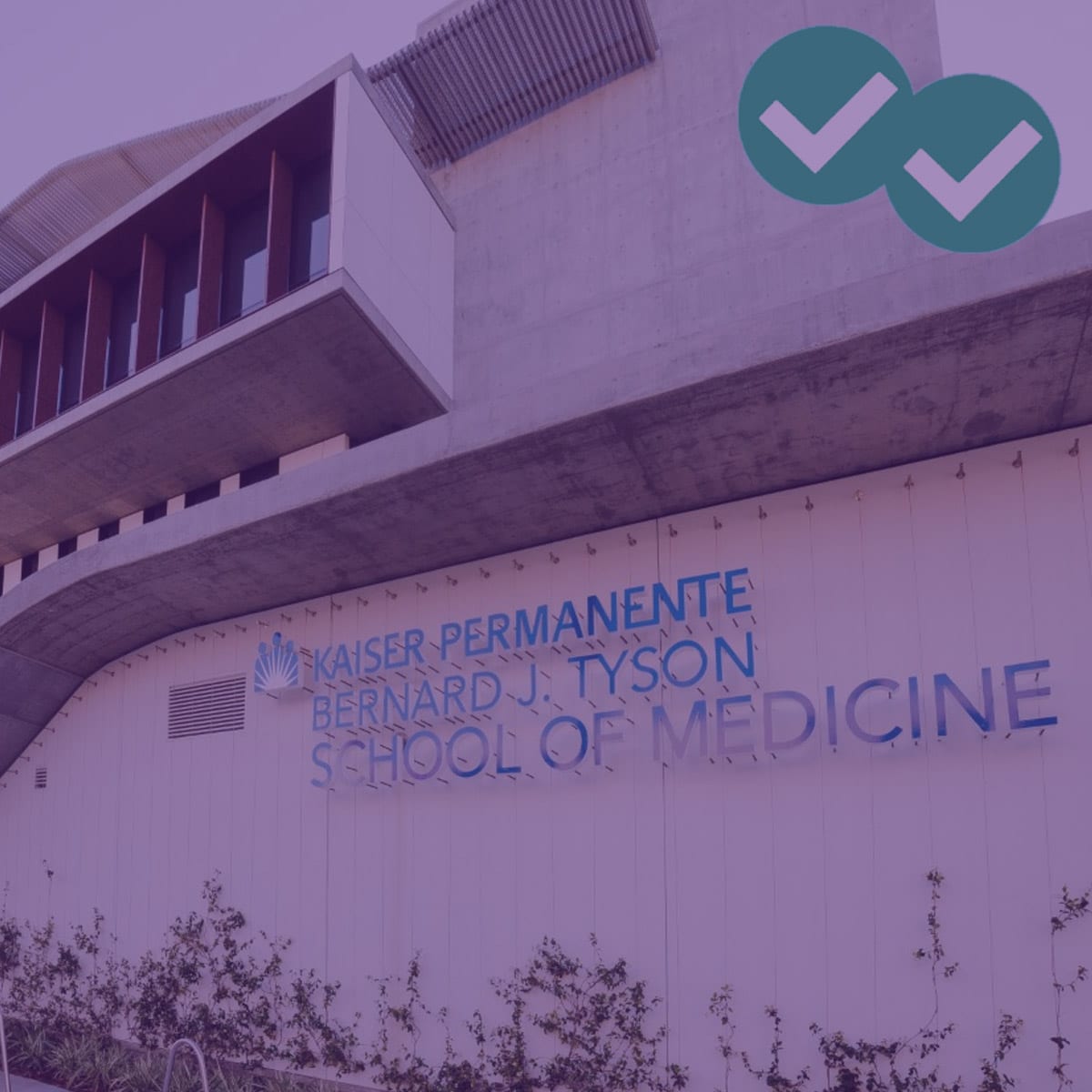
On February 12, 2020, the National Board of Medical Examiners (NBME) announced that the United States Medical Licensing Examination (USMLE) Step 1 will transition to a pass/fail exam starting January 2022.
In this post we’ll walk you through:
- What the change from numerical score to pass/fail entails
- Why they are changing Step 1 of USMLE to pass/fail
- What premed and current medical students should know about the new USMLE Step 1 scoring system
What is the USMLE?
The United States Medical Licensing Examination is a three-step exam sponsored by the Federation of State Medical Boards (FSMB) and the National Board of Medical Examiners (NBME). Physicians with an MD degree are required to pass this exam in order to gain their medical license and begin practicing in the United States.
The USMLE is divided into three main sections:
- USMLE Step 1
- USMLE Step 2 (divided into USMLE Step 2 Clinical Knowledge and USMLE Clinical Skills)
- USMLE Step 3
What is USMLE Step 1?
The USMLE Step 1 is a one-day computer exam taken by most medical students at the end of their second year of medical school, as well as by thousands of international medical graduates who wish to practice medicine in the United States.
In this segment of the USMLE, test-takers must answer 280 multiple-choice questions over the span of 8 hours of testing, which are broken down into seven 1-hour blocks of 40 questions each.
The questions on the USMLE Step 1 cover basic medical science principles, including:
- Anatomy
- Behavioral science
- Biochemistry
- Microbiology
- Pathology
- Pharmacology
- Physiology
- Genetics
- Immunology
- Nutrition
The exam is administered year-round, by appointment only.
Is the USMLE Pass/Fail?
Up until this point, test-takers would receive numeric scores for USMLE Step 1 and USMLE Step 2 CK and pass/fail for USMLE Step 2 CS and USMLE Step 3.
Starting January 2022, however, USMLE Step 1 will transition from a numeric score to a pass/fail result. Step 2 CK will continue to be scored numerically, making it the only USMLE non-pass/fail section of the new exam.
Why is USMLE Step 1 going pass/fail?
Students typically take USMLE Step 1 at the end of their second year of medical school. As a result, scores on this portion of the exam are often heavily weighted and can make or break students’ applications to residencies. Program directors overwhelmingly reported Step 1 as the most important factor in deciding candidates to interview.
This unexpected consequence has posed a problem for several reasons:
- The USMLE Step 1 was never designed for residency selection purposes.
- Many medical students appear to neglect their coursework in favor of cramming for the exam.
- Emphasizing a single test score so heavily places undue stress on test-takers.
To address these problems, the Invitational Conference on USMLE Scoring (InCUS) convened a group of students, residents, program directors, deans, and members of the public to discuss potential changes that could be made to the USMLE. After much deliberation, one of several recommendations made by the group was to change the USMLE Step 1 scoring system to a pass/fail model.
To read more about the reasoning behind making Step 1 of the USLME pass/fail, visit the FAQ section of their website
How does this change in USMLE scoring affect students?
The new Step 1 scoring system is intended to de-emphasize medical students’ Step 1 scores during the residency application process. However some students feel this will merely shift the emphasis to their Step 2 CK exams, which will continue to be scored numerically.
International medical students may also be at an increased disadvantage as a result of this change in scoring. The shift in weight from Step 1 scores to other pieces of residency applications–such as letters of recommendation–will tend to privilege American students with the name recognition of prestigious U.S. medical schools, who often to have more access to well-known faculty.
Overall though, there is optimism that deemphasizing Step 1 by converting it to a pass/fail exam will encourage students to take a more holistic approach to approach to placement in residency positions, such as focusing on coursework, building relationships with professors, and spreading the load more evenly between the different Steps of the USMLE.







Leave a Reply